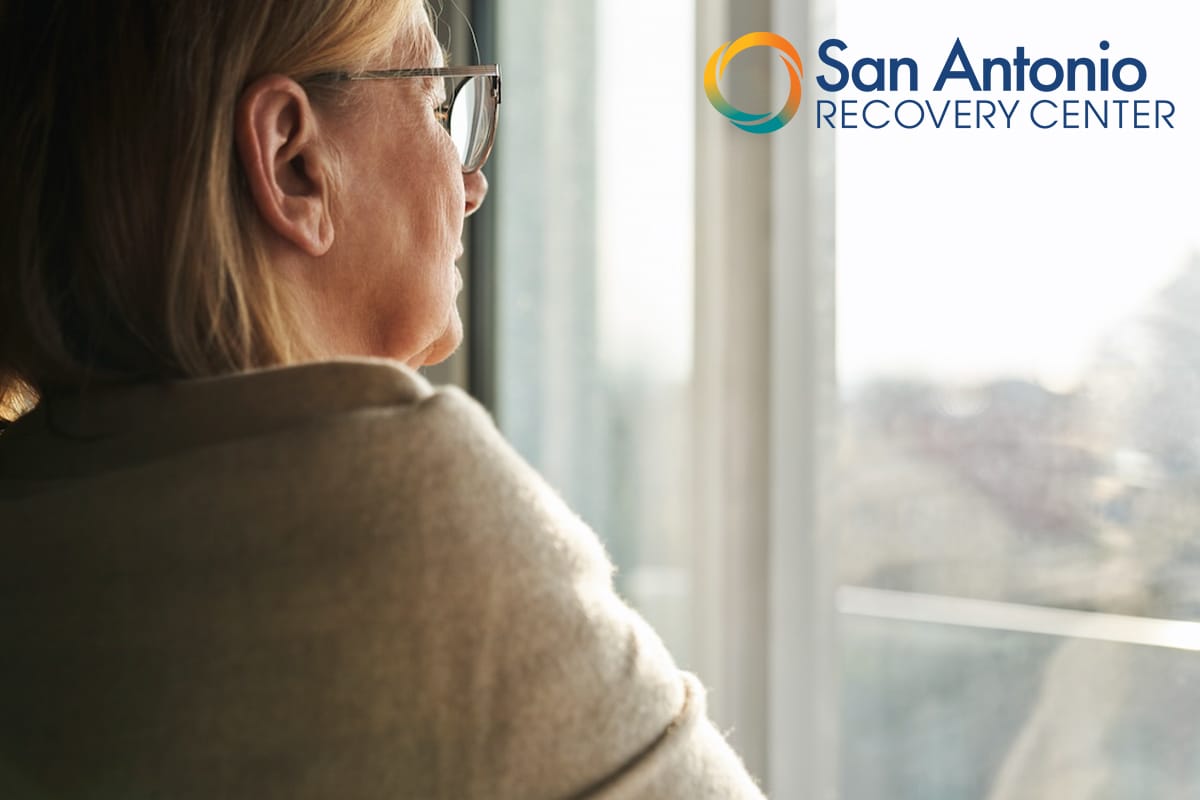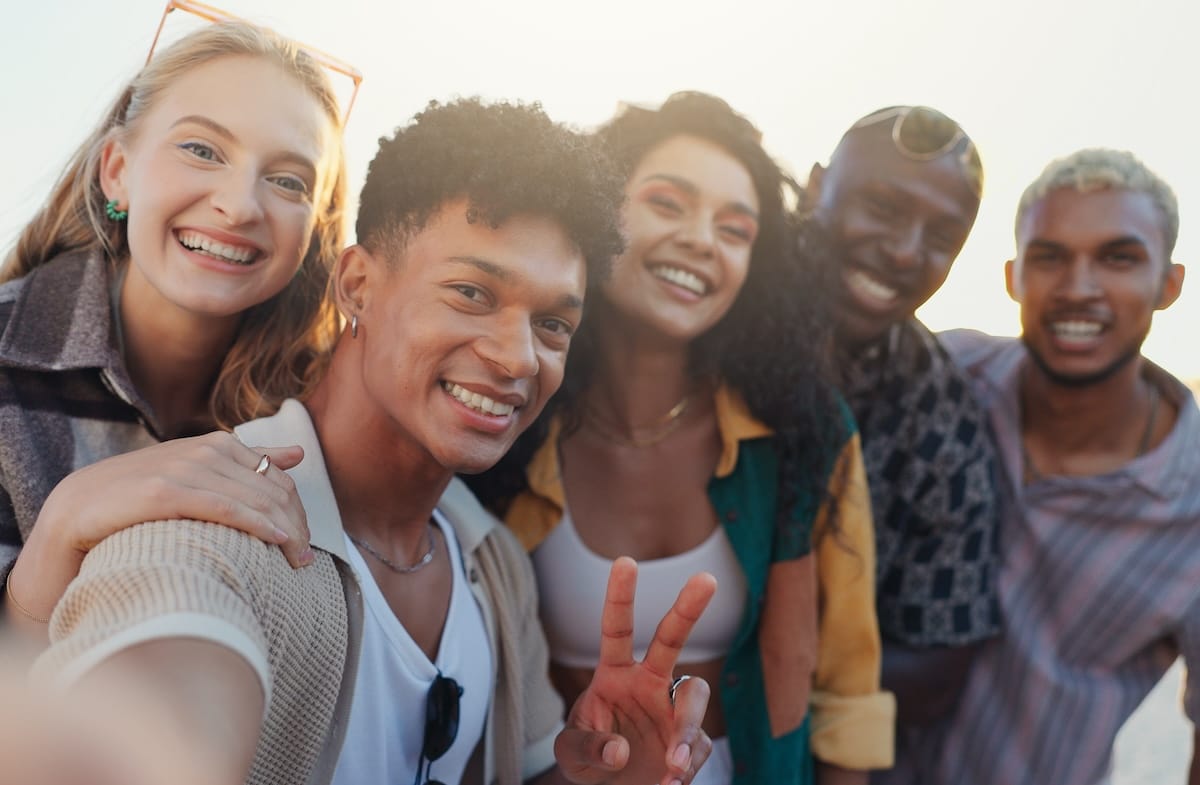
Recovery Month is nationally observed every September to raise awareness and celebrate recovery from substance use and mental health disorders. In Bexar County, about 6 percent of adults have a substance use disorder. That’s roughly 120,000 people.
Local support is a catalyst to lasting recovery, and that is where San Antonio Recovery Center plays a key role. Our team specializes in complex, co-occurring conditions and offers care that respects culture, values, and individual spirituality.
Today, we’re discussing San Antonio’s community impact on recovery and sharing local resources individuals can use during Recovery Month and beyond.
Social connection plays an important healing role in both physical and emotional recovery.
Recovery Month is a chance to spotlight this research and encourage recovery through community support, shared resources, and programs that help people stay connected.

Recovery Month events are a chance to connect, learn, and find support. Local meetings, workshops, and community gatherings give people in recovery, their families, friends, and even clinicians a place to share experiences and access helpful resources. Here are a few of them happening in San Antonio this month:
Name: 2025 Big Texas Rally for Recovery – San Antonio
When: Saturday, September 27, at 10:00 a.m.
Where: Los Patios
2015 NE Loop 410
San Antonio, TX 78217
Cost: Free
Name: San Antonio “All Recovery”
When: Wednesday, September 23, 12:00-1:00 p.m.
Where: Recovery Center JPL (4th floor)
San Antonio, TX
Cost: Free
Name: CommUNITY Day (Recovery Month)
When: Saturday, September 20, from 10:00 a.m. to 2:00 p.m.
Where: 4045 E Southcross Blvd
San Antonio, TX 78222
Cost: Free
Engaging with Recovery Month and sharing knowledge reduces stigma and helps people feel safe to reach out for help. If you want to help this month but aren’t sure where to start, here are some small things that make a big impact:
| Name | Location | Contact |
|---|---|---|
| University of Texas Health Science Center | 📍5109 Medical Drive | San Antonio, TX 78229 | 🔗Brochure
☎️210-358-6842 |
| Texas Health and Human Services | 📍P.O. Box 149347 (MC 1979). Austin, Texas | 🔗Website
☎️512-424-6500 |
| Local Pharmacies (free or no-cost naloxone) | 📍Check the website for local addresses | 🔗Website
☎️(202) 307-1000 |
| The N.I.C.E. Project (4 vending machines) | 📍1105 E Cesar Chavez St, Austin, TX 78702 | 🔗Website
☎️301-633-7683 |
| Bexar County Small Business & Entrepreneurship Department | 📍8200 Perrin Beitel #117, San Antonio, TX 78218 | 🔗Website
☎️(210) 335-2478 |
Supporting a loved one in recovery can be challenging and sometimes confusing. Family members and close friends often balance offering help without enabling, sharing encouragement without causing setbacks, and participating in treatment while maintaining their well-being.
Establishing clear boundaries and understanding how to provide constructive support are equally important steps. Here are a couple of tips:
Don’t say: I won’t speak to you until you stop using.
What to say instead: I want to support you, but I need to take care of myself, too.
Don’t say: If you relapse, I can’t help you anymore.
What to say instead: I can help you in ways that are healthy for us both.
Don’t say: I can’t trust you anymore.
What to say instead: I believe in your ability to recover.
Don’t say: I don’t have the energy to care about you right now.
What to say instead: I care about you, and I can’t participate in harmful actions.
Don’t say: If you’re going to use drugs, you can’t stay in my house anymore.
What to say instead: Let’s talk about expectations and what support looks like for both of us.

At San Antonio Recovery Center, our treatment is focused on peer connection, family involvement, and the largest alumni network in Texas. We can clinically treat clients with complex, co-occurring conditions and offer group therapy, family sessions, and dual diagnosis support. Our approach is layered to empower individuals to address both their addiction and their mental health conditions head-on.
Peer support and connection are at the heart of everything we do. Our group therapy, 12-step-focused meetings, and alum mentorship help individuals build strong and lasting recovery networks, decreasing the risk of returning to use and boosting overal well-being.
As a culturally responsive team, we also tailor treatment to reflect each person’s background and values, which increases engagement and strengthens client outcomes.
When someone comes to us, they’re not just starting a treatment plan, they’re joining a community that understands recovery is a lifelong journey. From the first counseling session to connecting with peers in group therapy and alum meetings, every step is designed to remind them they’re not alone.
Through this combination of clinical care, peer connection, and cultural understanding, we create an environment where people don’t just receive treatment, they become part of a recovery community that will support their journey for a lifetime.
Strong recovery takes strong community. If you’re looking to connect individuals with quality, culturally responsive addiction treatment, we’re here to help. Contact us at 866-957-7885 to learn how we can work together to support lasting recovery in San Antonio.
contact us now!
